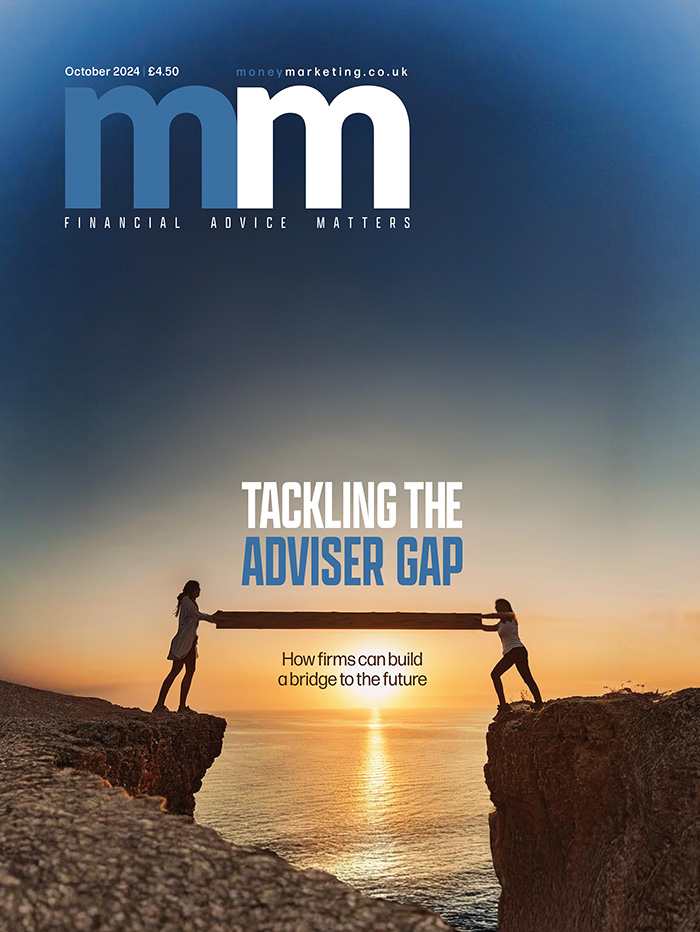 Apparently, one third of people are suffering from imposter syndrome at any given time, and 70% will experience it at some point.
Apparently, one third of people are suffering from imposter syndrome at any given time, and 70% will experience it at some point.
My former career as a scientist wasn’t all bad, but one example stands out as a low point. I don’t know if it was the origin of my imposter syndrome. But it certainly didn’t help.
Halfway through my PhD, I was giving my first talk at an international conference. After I’d finished, the floor was opened up to questions.
The best advice I’ve received is to remember that no one is perfect
The first hand raised was that of an older researcher and it turned out he didn’t really have a question; he just wanted to tell me and the rest of the audience that he thought my work was pointless. Although I’m not opposed to criticism, I do think it needs to be constructive.
It was easy, as a scientist, to feel like you were never doing enough — surrounded by professors and fast-rising superstars, all experts in their field. I remember worrying I wasn’t good enough and I would be exposed as a fraud.
I’m grateful my experience since changing to the advice profession has been one of night and day.
Whenever I have interacted with people in the wider industry, whether in a random email, at a conference or picking their brain over a coffee, I have been met with overwhelmingly helpful, friendly responses.
I’ve got better at recognising when negative thoughts start gnawing away at me
Contrast the above presenting experience with my first at a financial planning conference. Everyone was very welcoming, no one was rude and I even had several people approach me afterwards just to let me know they had liked the talk.
At work, I am hugely fortunate to have a supportive boss and leadership team, and a friendly group of colleagues.
Nevertheless, despite all these positive experiences I have had since changing career, imposter syndrome never completely goes away. I may have a great day, or even a great week, at work, but that doesn’t stop doubts creeping in the following week.
While I haven’t found the secret to eliminating imposter syndrome, I have taken steps to reduce it.
I’ve realised I need to stop comparing myself to others. There will always be someone better than you, but everyone is on their own journey and has their own trials.
One third of people are suffering from imposter syndrome at any given time
I’ve also got better at recognising when negative thoughts start gnawing away at me, and remembering that other people also experience this.
Finally, I think the best advice I’ve received to overcome it is to remember that no one is perfect — neither myself, nor the grouchy guy who didn’t like my work all those years ago!
Ryan Sharpe is a paraplanner at Almond Financial
This article featured in the October 2024 edition of Money Marketing.
If you would like to subscribe to the monthly magazine, please click here.










Comments